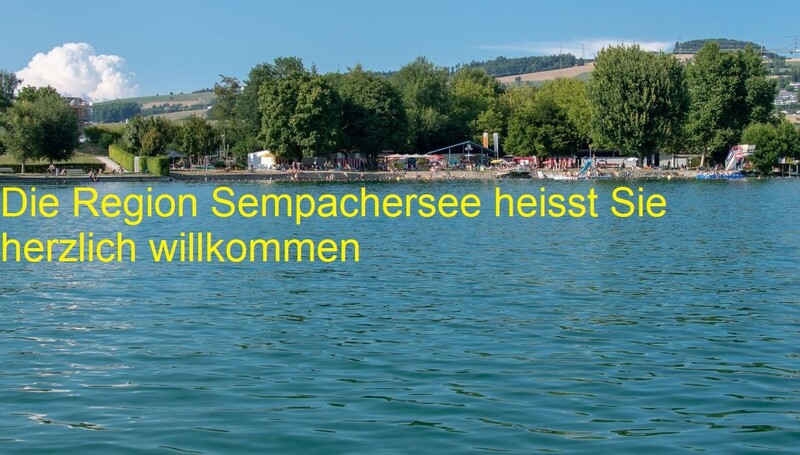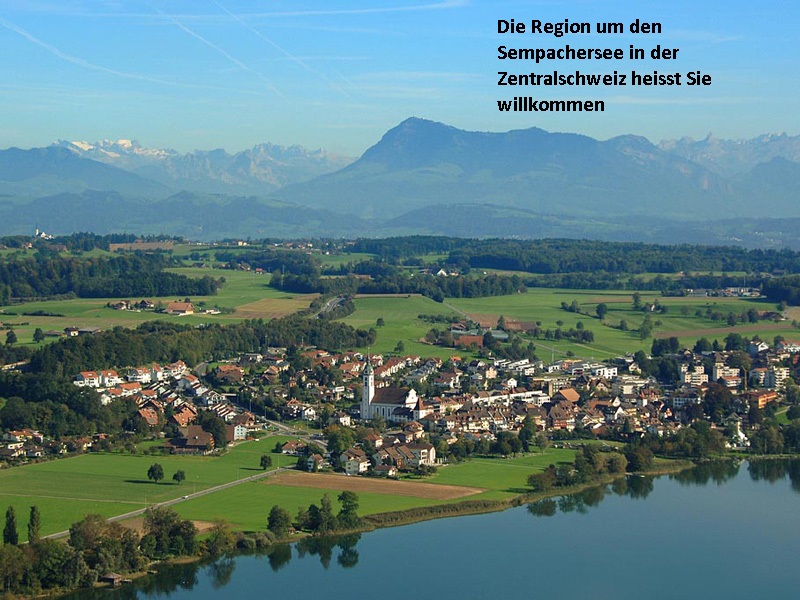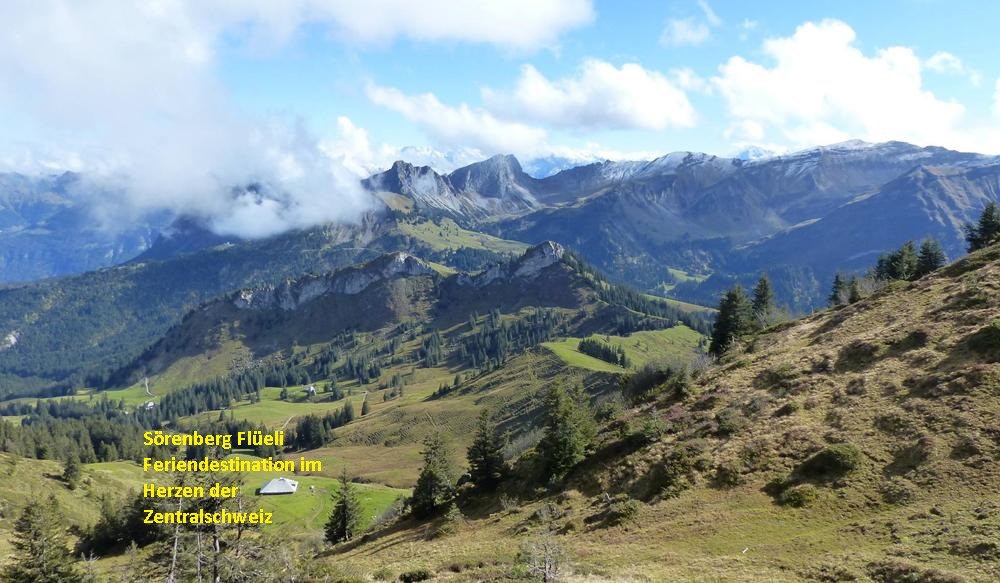Digitale Geisteswissenschaften: Launch Open Database >Islam West Africa Collection, ZMO Berlin, hybrid
Die von Dr. Frédérick Madore geleitete 'Islam West Africa Collection' ist
eine frei zugängliche digitale Datenbank, die aktuell mehr als 5.000
Archivdokumente, Zeitungsartikel, islamische Publikationen, Audio- und
Videoaufzeichnungen, Fotografien und Referenzen zum Islam und zu Muslimen
in Burkina Faso, Benin, Niger, Nigeria, Togo und Côte d'Ivoire enthält.
Das von der Berliner Senatsverwaltung finanzierte Projekt ist eine
Fortsetzung der preisgekrönten Sammlung 'Islam Burkina Faso', die 2021
zusammen mit der Univ. of Florida (USA) erstellt wurde.
> https://islam.zmo.de/s/westafr
Ort: MiCT Brunnenstraße 9, 10119 Berlin
Zeit: 9.11.23 16:00 Uhr
RSVP bis 1.11.23
ReferentInnen
Mauro Nobili (University of Illinois at Urbana- Champaign, USA)
Issouf Binaté (Université Alassane Ouattara, Côte d‘Ivoire)
Ulrike Freitag (Leibniz-Zentrum Moderner Orient)
Frédérick Madore (Leibniz-Zentrum Moderner Orient)
Kai Kresse (Leibniz-Zentrum Moderner Orient)
Interiewanfragen bitte an
Most of the documents are in French, but some are also available in Hausa,
Arabic, Dendi, and English. The site also indexes over 800 references to
relevant books, book chapters, book reviews, journal articles,
dissertations, theses, reports and blog posts. This project, hosted by the
Leibniz-Zentrum Moderner Orient (ZMO) and funded by the Berlin Senate
Department for Science, Health and Care, is a continuation of the award-
winning Islam Burkina Faso Collection created in 2021 in collaboration
with LibraryPress@UF.
In addition to assigning detailed metadata, optical character recognition
(OCR) has also been applied to each document in order to index the full
text. It is therefore possible to carry out a simple search by keyword or
an advanced search by combining several criteria on the thousands of
documents contained in the database. An index of over 1800 events,
locations, organizations, people, and topics is also available.
The online archiving of research data, which can be consulted without
financial barriers, is an interesting alternative for both West African
and foreign researchers to overcome the difficulties often encountered in
libraries and archives in the region. Above all, this project aims to
democratise access to documents of all kinds on Islam in West Africa, to
pave the way for new research on this topic, and, above all, to serve as a
model for other similar initiatives.






